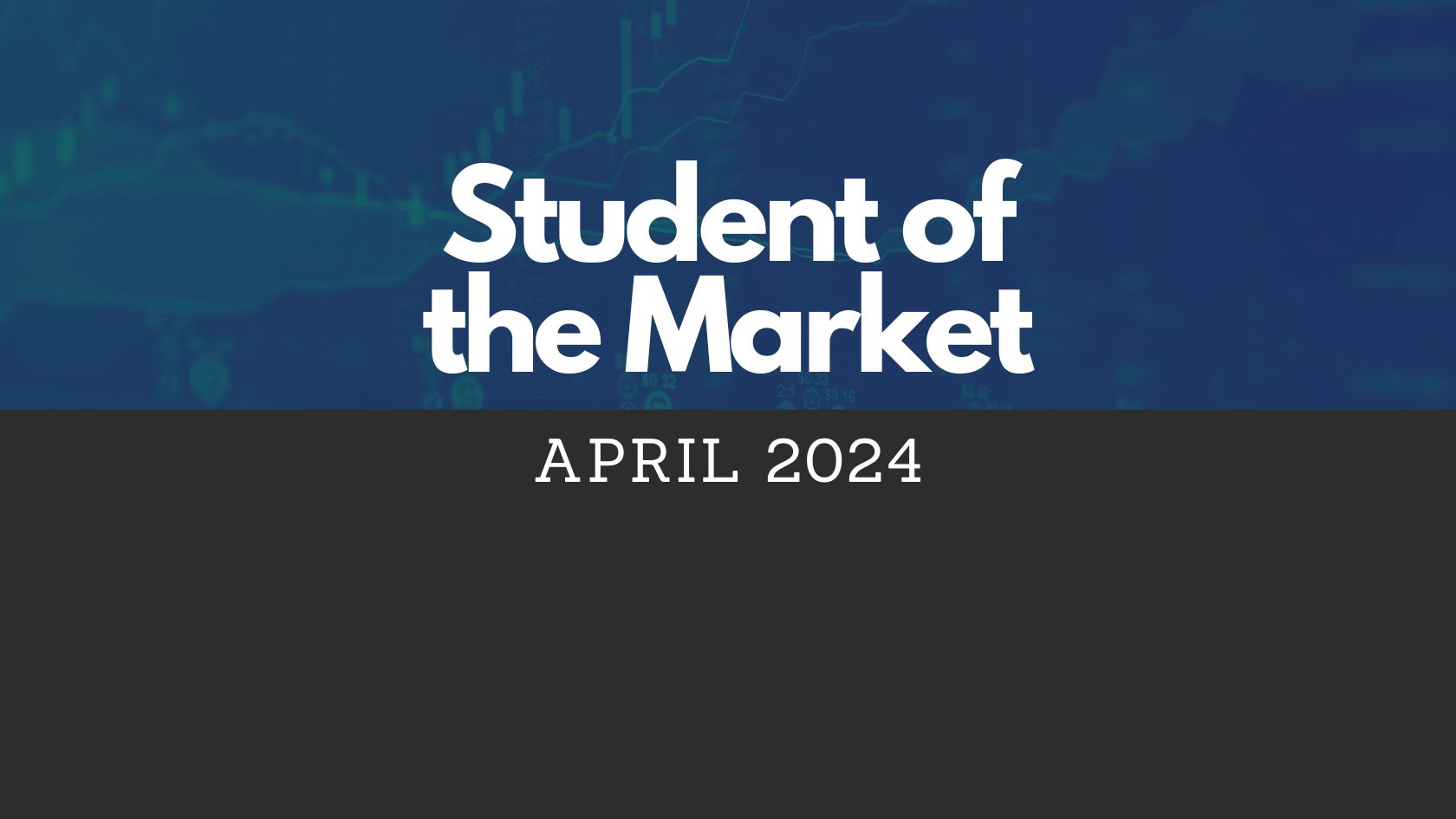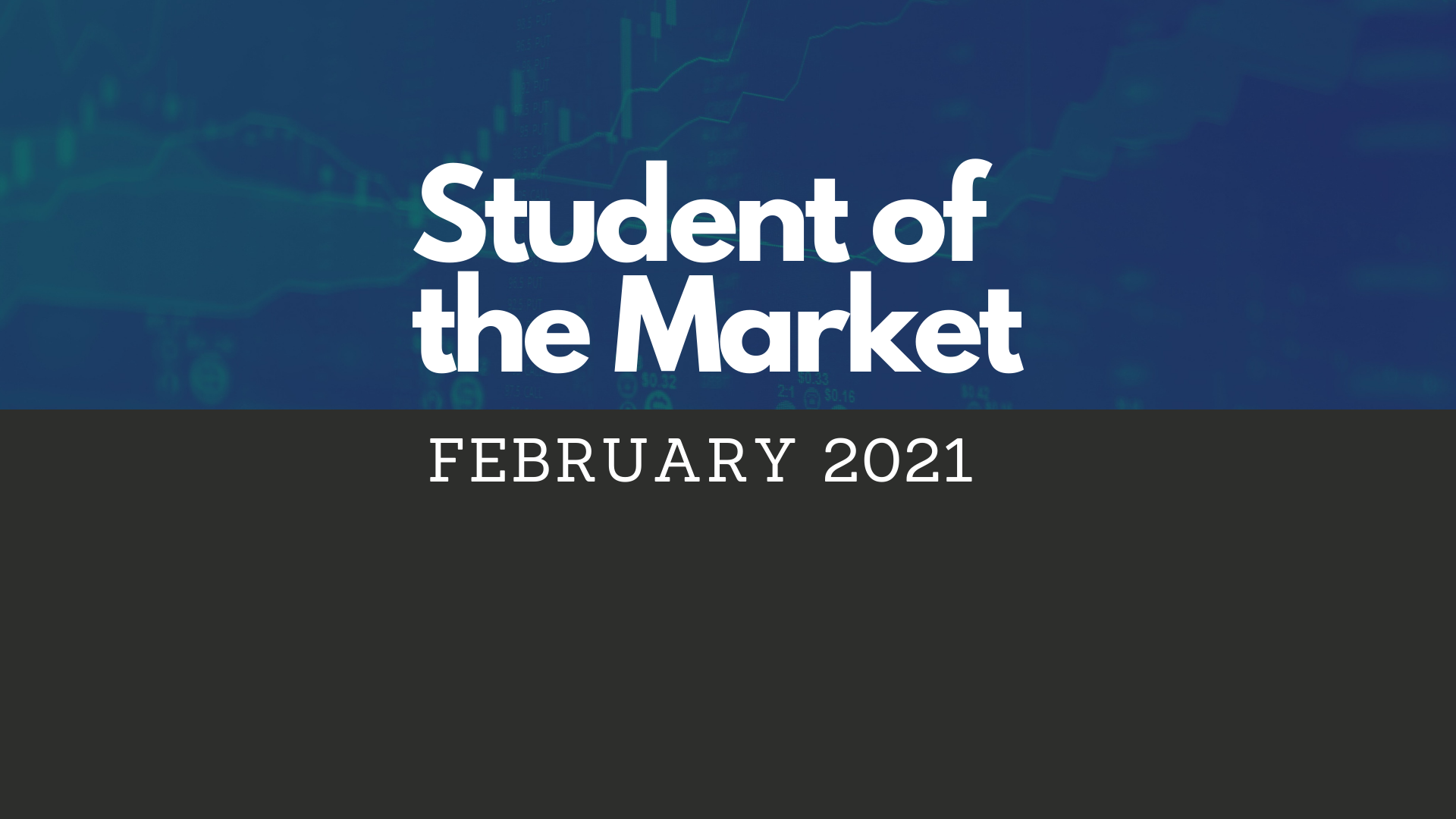You are now leaving the Strong Valley Wealth & Pension, LLC ("Strong Valley") website. By clicking on the "Schwab Alliance Access" link below you will be entering the Charles Schwab & Co., Inc. (“Schwab”) Website. Schwab is a registered broker-dealer, and is not affiliated with Strong Valley or any advisor(s) whose name(s) appears on this Website. Strong Valley is/are independently owned and operated. Schwab neither endorses nor recommends Strong Valley. Regardless of any referral or recommendation, Schwab does not endorse or recommend the investment strategy of any advisor. Schwab has agreements with Strong Valley under which Schwab provides Strong Valley with services related to your account. Schwab does not review the Strong Valley website(s), and makes no representation regarding the content of the Website(s). The information contained in the Strong Valley website should not be considered to be either a recommendation by Schwab or a solicitation of any offer to purchase or sell any securities.

The new year is a good time to recommit to healthy eating and drinking. Good food choices can maintain health and energy levels, potentially avoiding costly consequences down the road. Financial budgeting and planning principles can also apply to eating and drinking.

The holidays are a time for celebration, indulgence, and connecting with loved ones. But now that it’s the new year, it’s a good time to recommit to healthy eating. Being intentional with good choices helps to maintain health and energy levels, potentially avoiding costly consequences down the road. Financial budgeting and planning principles can also apply to eating and drinking. Consider the following strategies:
Just as it’s good to review financial portfolios periodically, start the new year by conducting a personal “health audit.” Take stock of food and beverage choices at the end of 2024.
Just as it’s not wise to spend money before knowing the budget, the same financial principles can apply to eating and drinking.
Think of every food or drink choice as an investment in overall well-being. Some options deliver a higher “ROI” than others.
In finance, deferring costs often comes with hidden consequences – interest, fees, or long-term debt. The same is true for overindulging in unhealthy food and drinks.
In finance, successful investing is about delayed gratification and long-term planning. This same mindset works for health too!
The holidays should be enjoyed! An occasional indulgence won’t ruin consistently smart choices – or the bank account. Starting now with healthy choices makes it easier to stay on track and meet health goals in the new year. What better way to start the new year than by feeling energized and confident!



